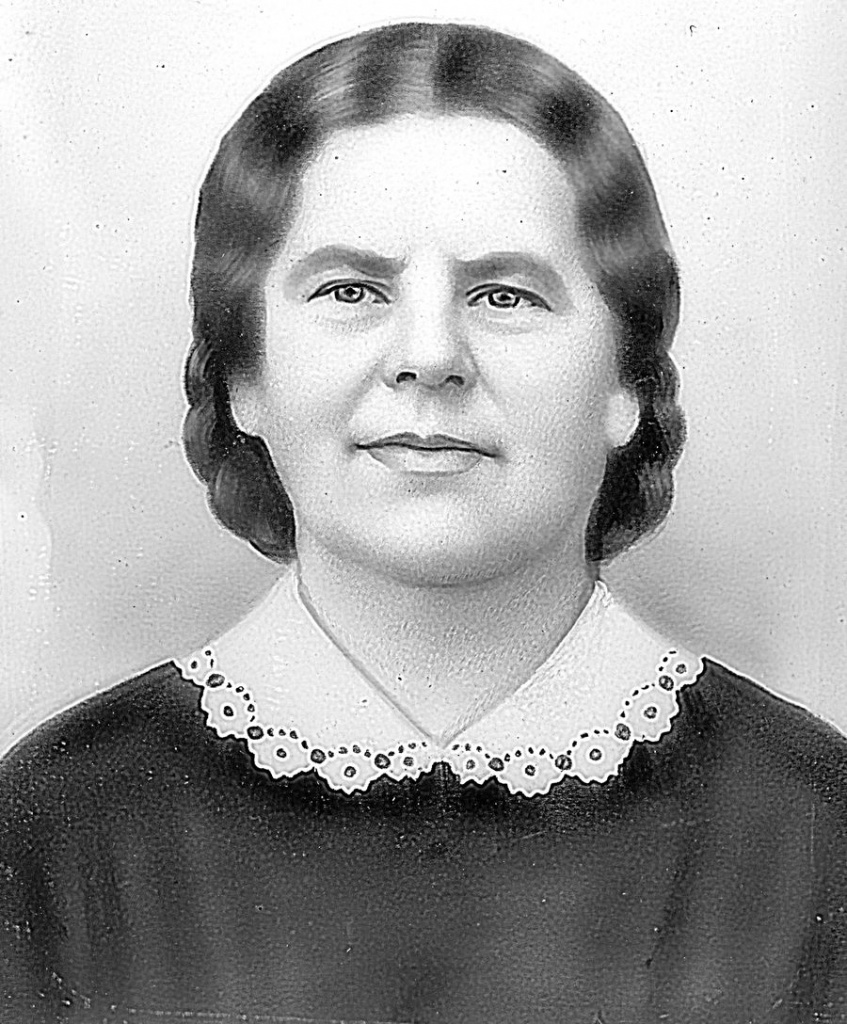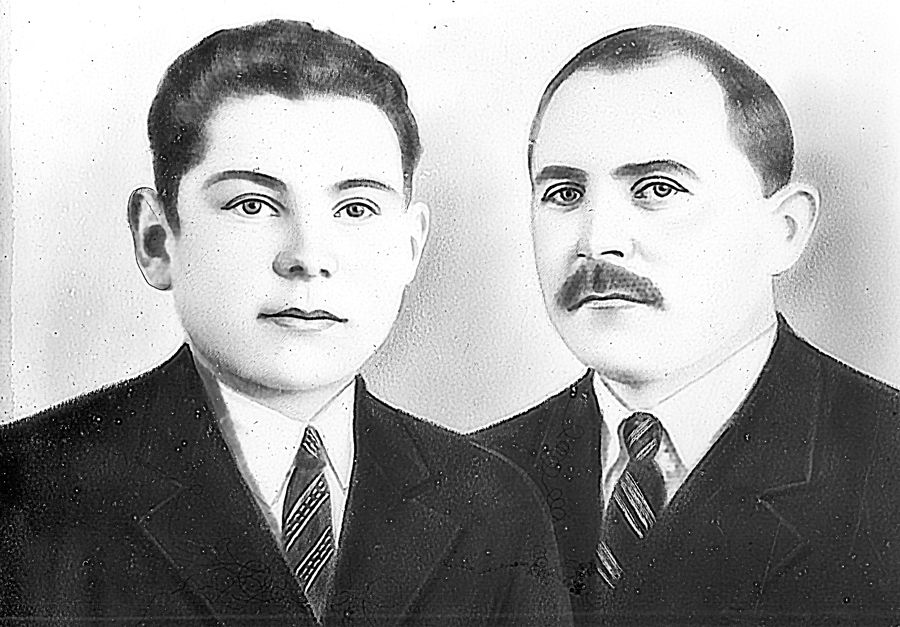Unhealed wounds of that war

In Galina Zhih’s family from the agro-township Benyakoni thay are still bleeding. Somewhere on the home soil there is the unmarked grave of her uncle Witold Rusak, who went missing in March 1944. When the family gather at the big table, Galina Ivanovna tells her grandchildren about him and great-grandmother Yulia, who helped local Jews. During the troubled war years.

Under the sign of the yellow star
“My grandmother Yulia Ivanovna Rusak lived in Remezovo and was a wonderful woman”, the interviewee says with warmth in her voice about her beloved person. “She was a judge’s daughter, that’s why she got a good education, sang perfectly, had an exceptional sense of humor, her handicrafts were well-known for miles around. The Jews who lived in Benyakoni were friendly with her. They often visited each other's homes. They were the first customers for the thing, woven and made by our Julia Rusak.
When the war broke out, the fascists made a ghetto in Voronovo into which my grandmother’s friends were sent. People were starving and suffering, and Julia Ivanovna at nights throwed flour, packed in small bags, over the fence of the ghetto to help them in some way. She made a number of “trips” on her wagon and more than once she was hit on the back with a rubber mallet. She also harbored Jews together with her fellow-villagers. To hide her origin, one girl even had her hair dyed blonde. However the villagers did not hide such guests in the village for a long time. Great danger was coming from the neighbouring Litvica where the German garrison and commandant's office were posted. Therefore, people tried to move the poor people as quickly as possible to a safer place”.
Shots at the farmhouse
The Polizei, two brothers of Miholchi, who lived on a farm near Remezov, abused the Jews very badly. They made them drink water from a river, eat grass. To punish them for their atrocities, partisans, 8 or 12 of them, came to the farmstead from a partisan group based in the Vintsuk area. Not have founding the brothers at home, they stayed to wait. On the pretext of urgently calling for a doctor for his daughter-in-law, the father of the family sent the news of the partisans to the fascists. The punitive detachment did not spare the relatives of the traitors, the fascists managed to kill four partisans as well.
— One of them, they said, was a very young, blond and curly-haired teenager. In childhood we used to carry flowers to the grave of the partisans near Vintsuki. Unfortunately, I can't find it now. I really want that the relatives knew where their relatives found their last resting place...". The tears sparkled in her eyes, and her voice became quieter...

The pain of the family
Galina Ivanovna Zhih identifies the tragedy that happened to the young partisan with the one in her family. In March 1944 the Rusaks received a message that her son Witold was missing.
“In 1939 when Eastern and Western Belarus were reunited my uncle Witold decided to join the army, the woman says. “Before the war he was sent to Noginsk and from there his frontline journey started. For those years my uncle had a good education – 7 classes, so he was not a common soldier, he was listedin. He wrote home: "If someone is taught to fall in, I am taught to destroy...". He died somewhere in Belarus, we tried to find the his burial site but in vain... We, the relatives, carefully keep the memory of our soldier who fought and died for the Great Victory and he continues to live in stories and memories of new generations of our family. And I always teach my grandchildren to bow their heads at the grave of the unknown soldier...
Maria KONDRATOVICH.
Photo from the archive of Galina ZHICH.
Перевод: Ангелина Дудевич, студентка ГрГУ им. Я.Купалы.